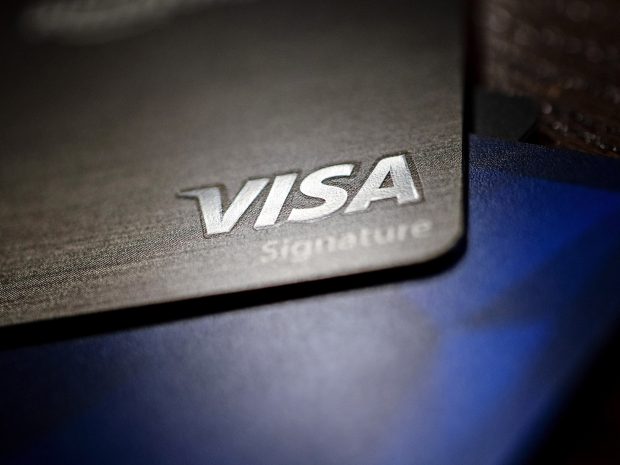 Photographer: Daniel Acker/Bloomberg
Photographer: Daniel Acker/Bloomberg
Visa's recent announcement that it will acquire Plaid for $5.3 billion has made big waves in the payments universe; but what it could mean for credit unions and their payments programs is still rippling through the industry.
The deal pairs one of the world's most well-known payments networks with a relatively young fintech company that gathers, encrypts and then links member account information to financial apps such as Venmo, Betterment, Chime and other platforms members want to use.
Recommended For You
Visa said the deal opened new market opportunities for them in the U.S. and internationally, including opportunities to offer better payment capabilities and related services to fintech developers. The acquisition would also help Visa work more closely with fintechs, it noted.
"Connectivity between financial institutions and developers has become increasingly important to facilitate consumers' ability to use fintech applications," Visa said in a statement announcing the deal. "Seventy-five percent of the world's internet-enabled consumers used a fintech application to initiate money movement in 2019 versus 18% in 2015. Plaid has been a leader in enabling this connectivity at scale. Today, one in four people with a U.S. bank account have used Plaid to connect to more than 2,600 fintech developers across more than 11,000 financial institutions."
Whether and how this changes the way credit union executives run their organizations is still to be seen, according to Cornerstone Advisors Senior Director, Tony DeSanctis.
 Tony DeSanctis
Tony DeSanctis "I think it is a bit premature to understand the impact on credit unions specifically. This acquisition gives Visa much more capability in the digital space," DeSanctis told CU Times. "It also puts them in close partnership with a number of large tech and fintech providers. The biggest question is whether the relationships Plaid had with those tech companies will translate into capability and relationships for banks and credit unions."
Copper River Group consulting firm President and CEO Dan Fisher was cautiously optimistic.
"This is just my overview of the decision: Visa says, 'Look, we need to get into that millennial space. We need to leap-frog over these card payment networks and we need to find a way to providing them with a payment system and clearing up reliable payments, some clearing option that bypasses these card networks and something that we actually can manage and maintain.' So Plaid is an absolutely natural decision for Visa and it definitely can be beneficial for credit unions," he added.
"Actually I think it's probably going to be beneficial for them because what happens is that Visa wants to be at the table and as close to the starting line as they can possibly be from a technological standpoint. Their internal technologies don't match up, but Plaid does. So guess what? They just leap-frogged over the competition," he said.
Visa said it expected to close the deal in the next three to six months.
© Touchpoint Markets, All Rights Reserved. Request academic re-use from www.copyright.com. All other uses, submit a request to [email protected]. For more inforrmation visit Asset & Logo Licensing.






